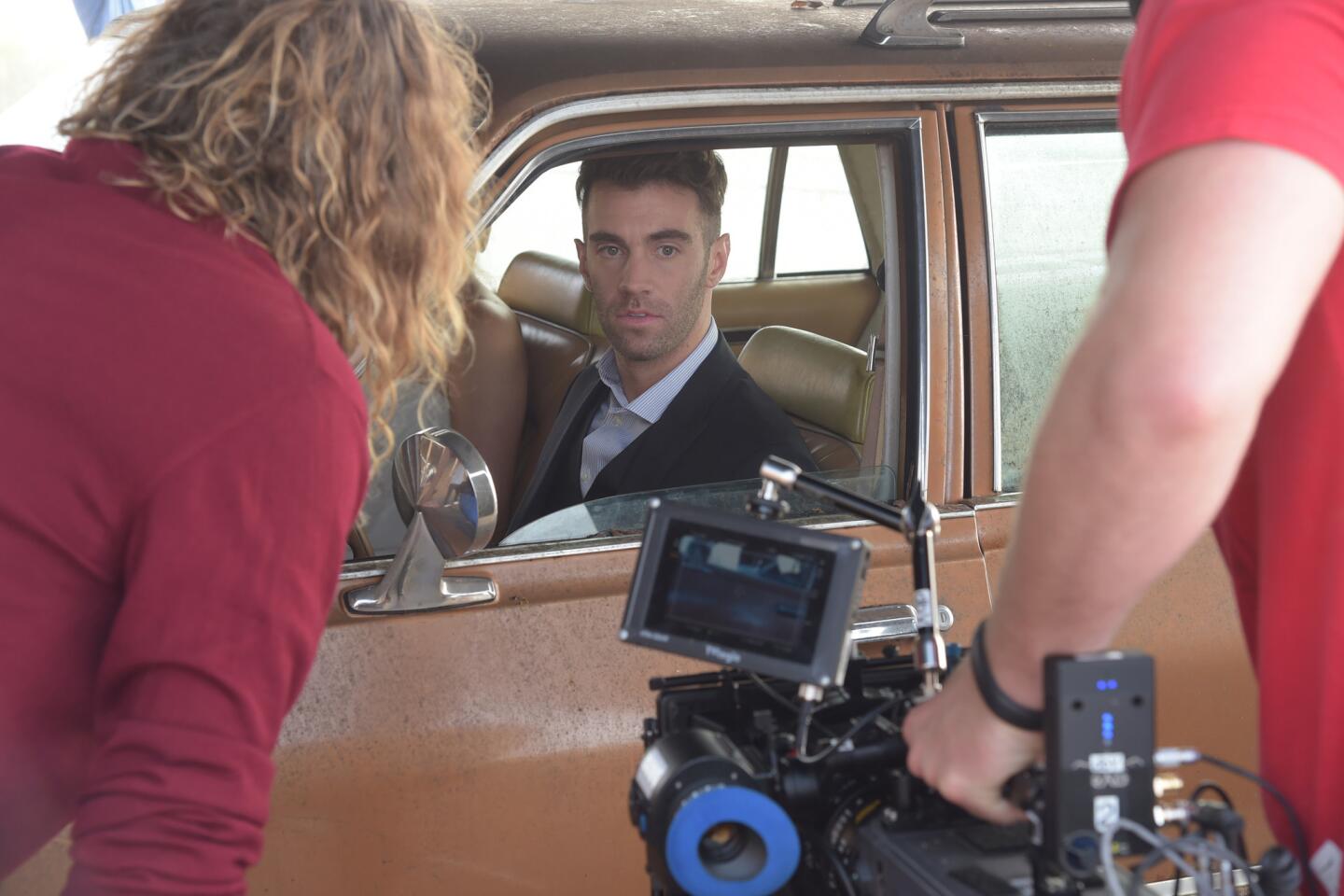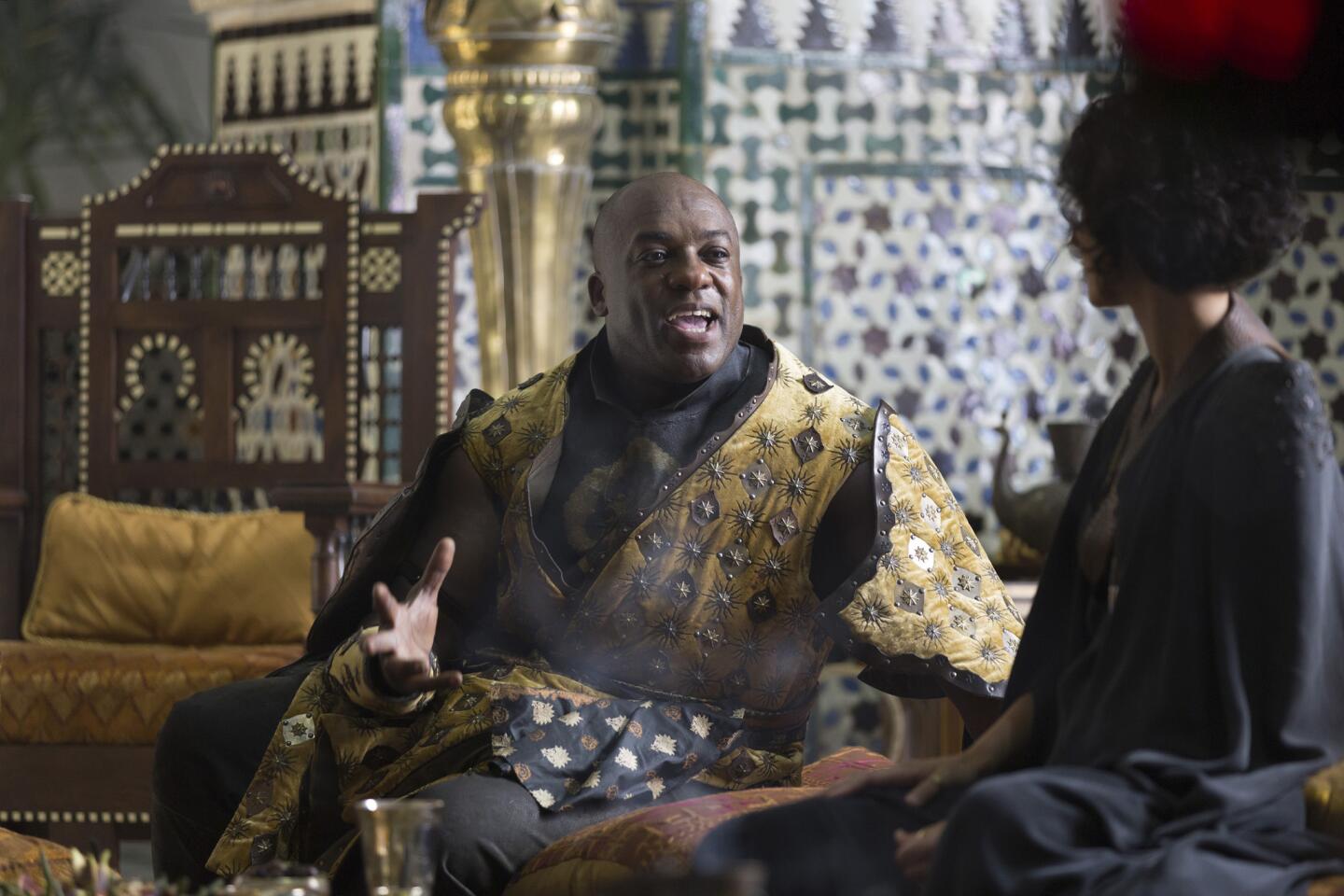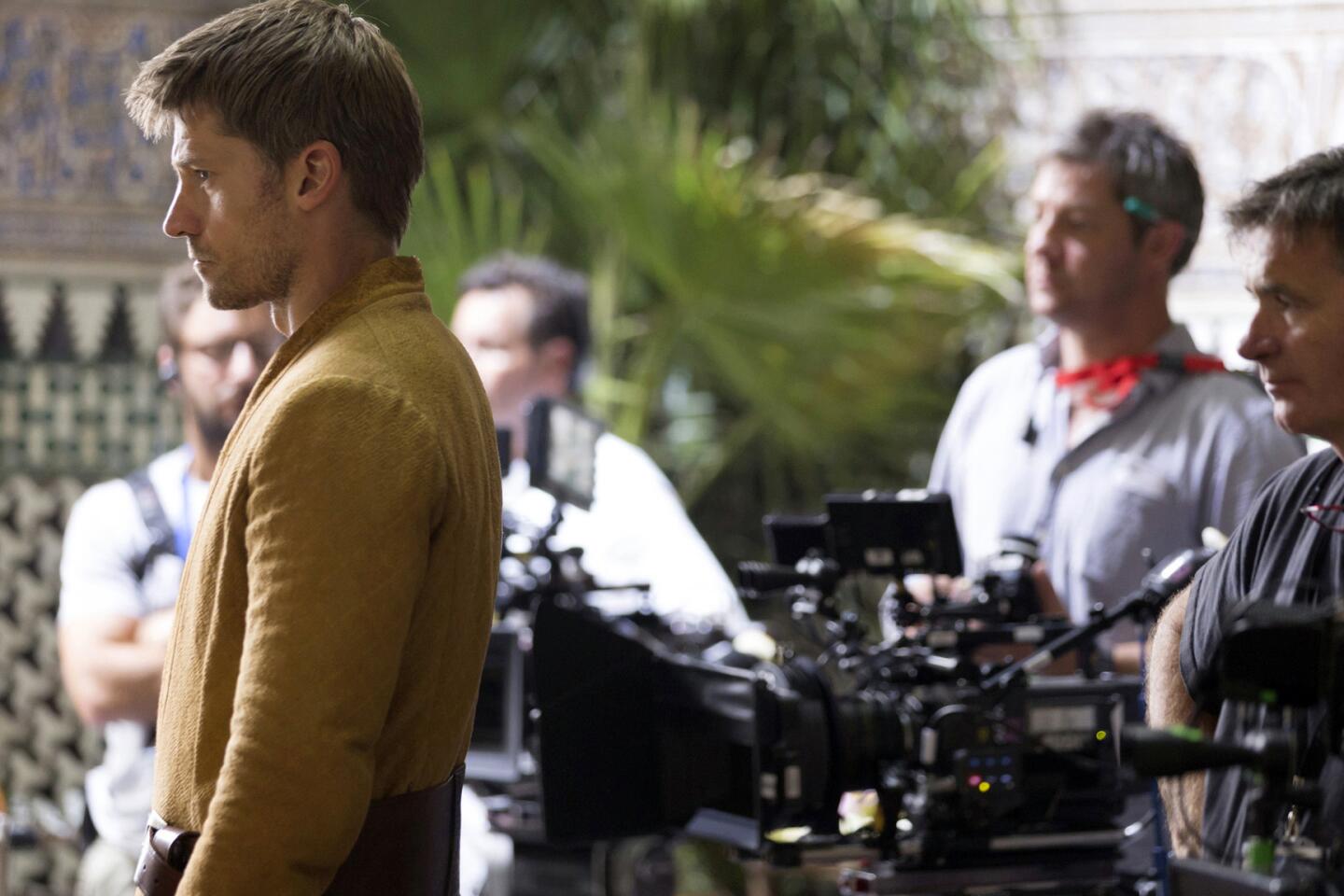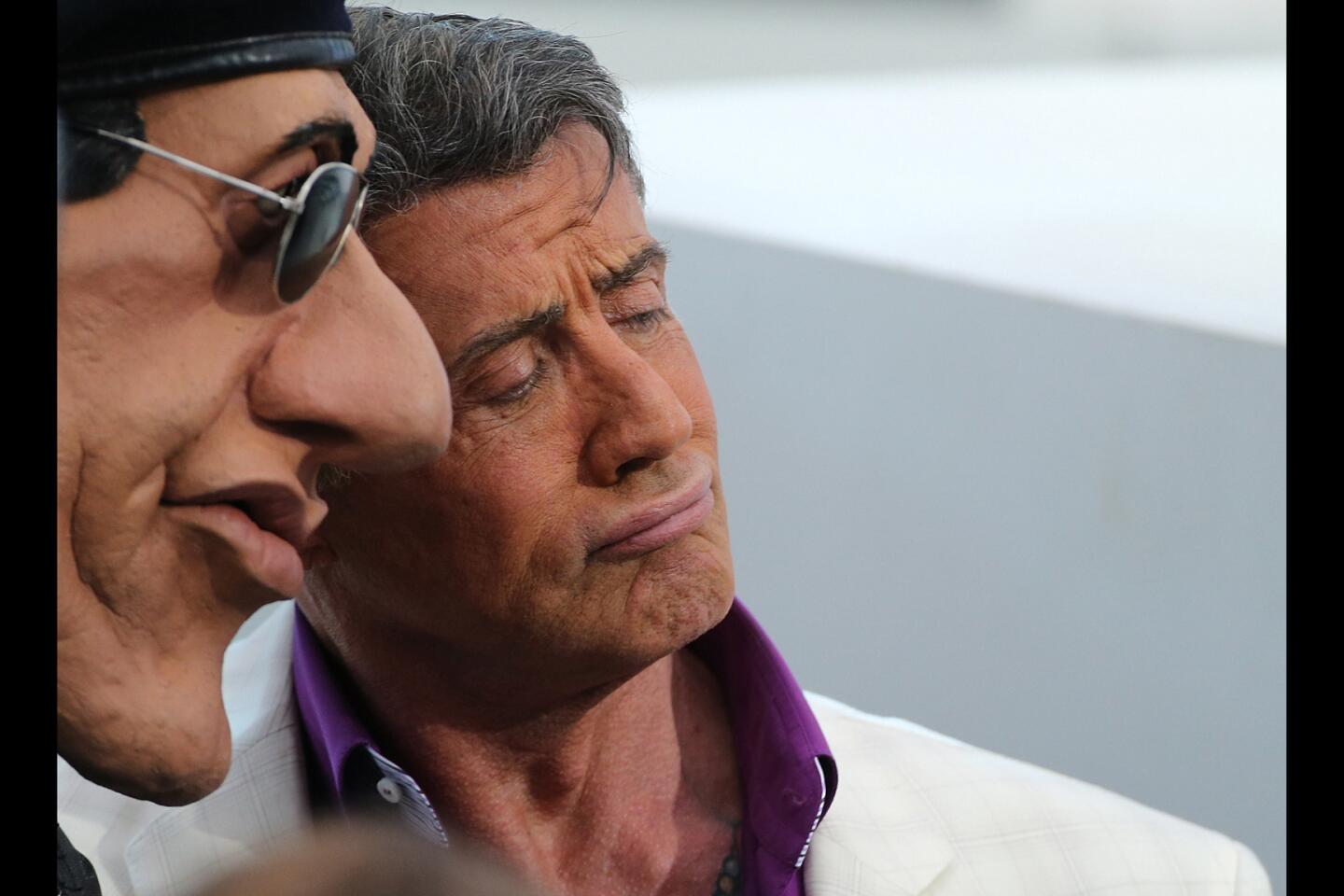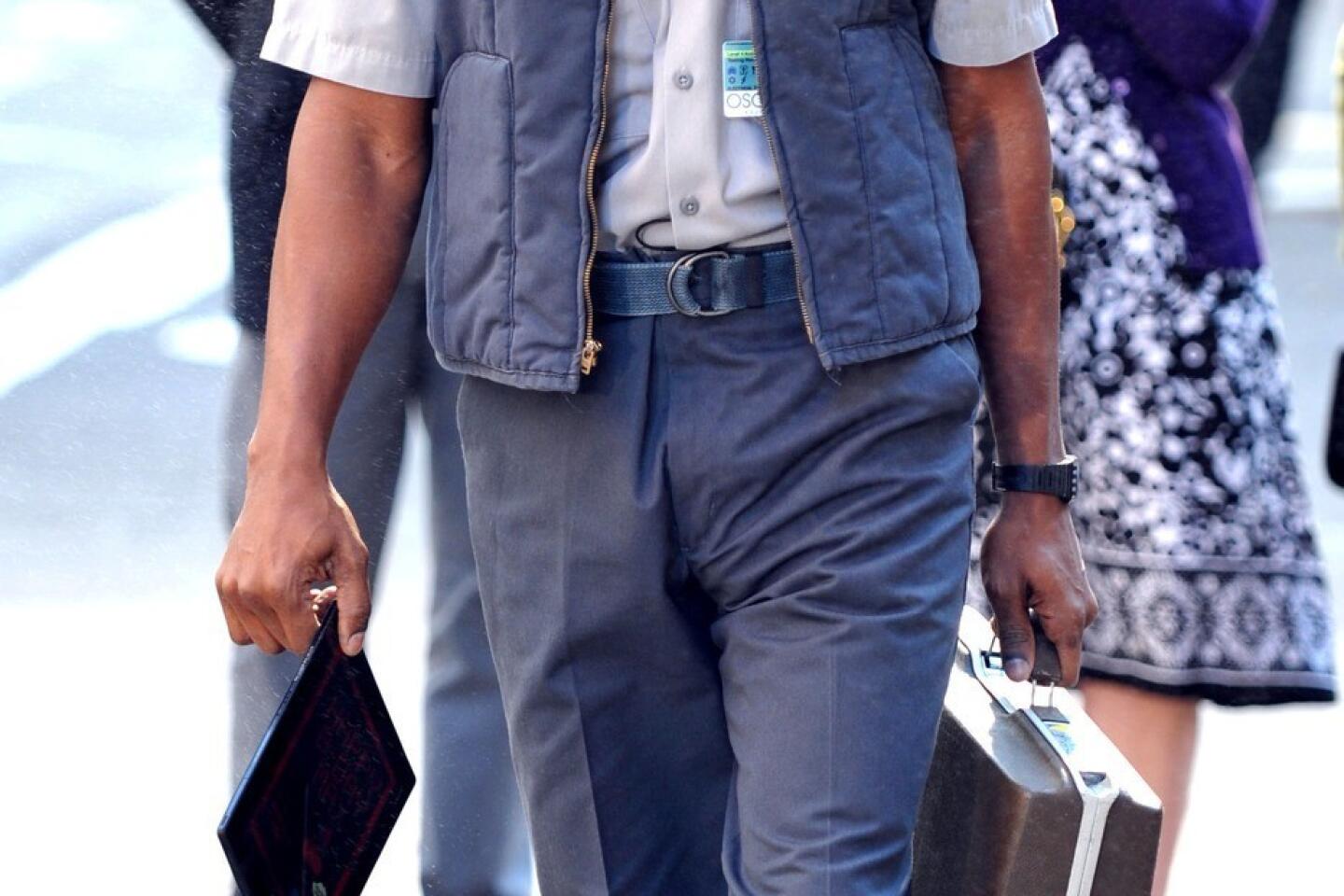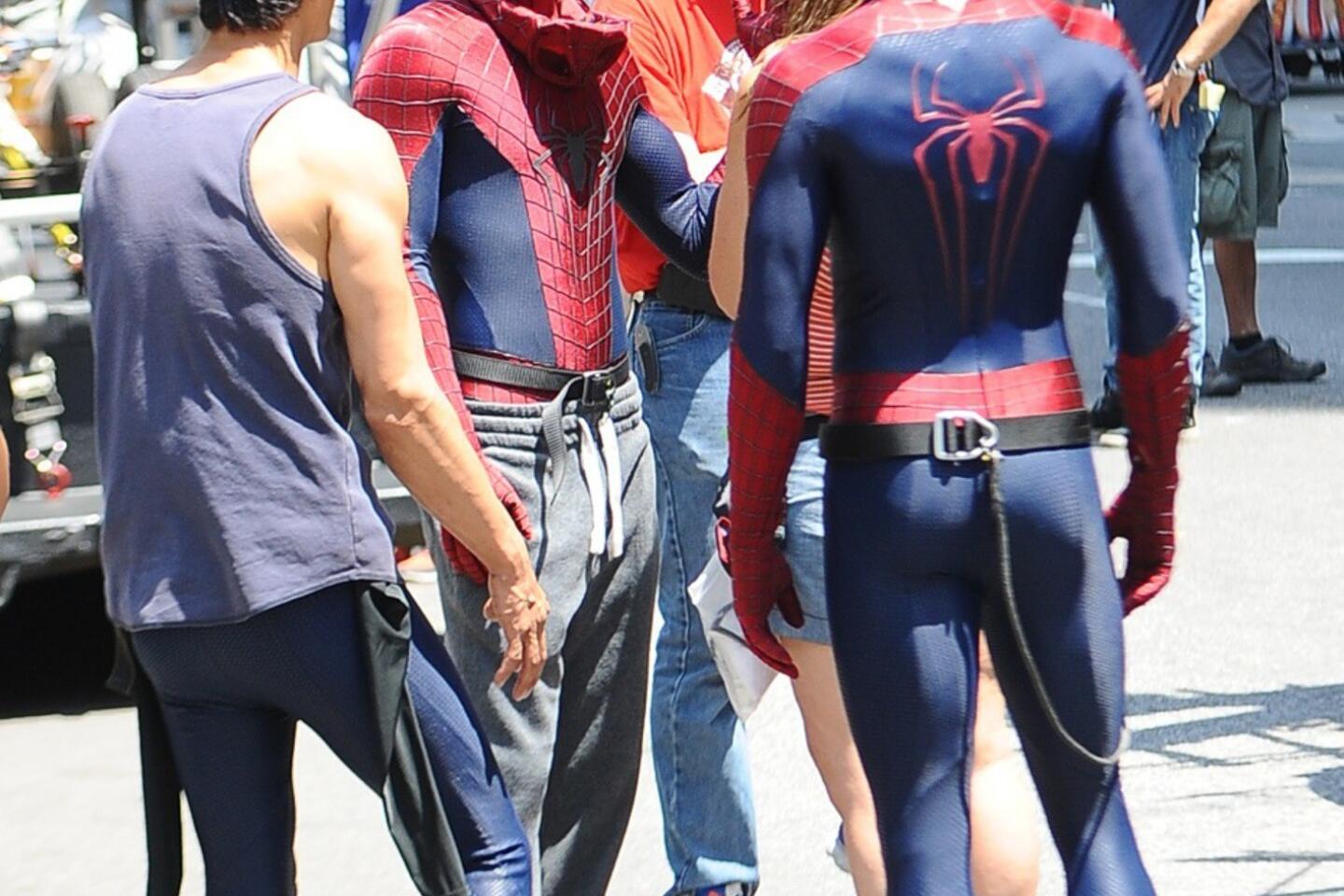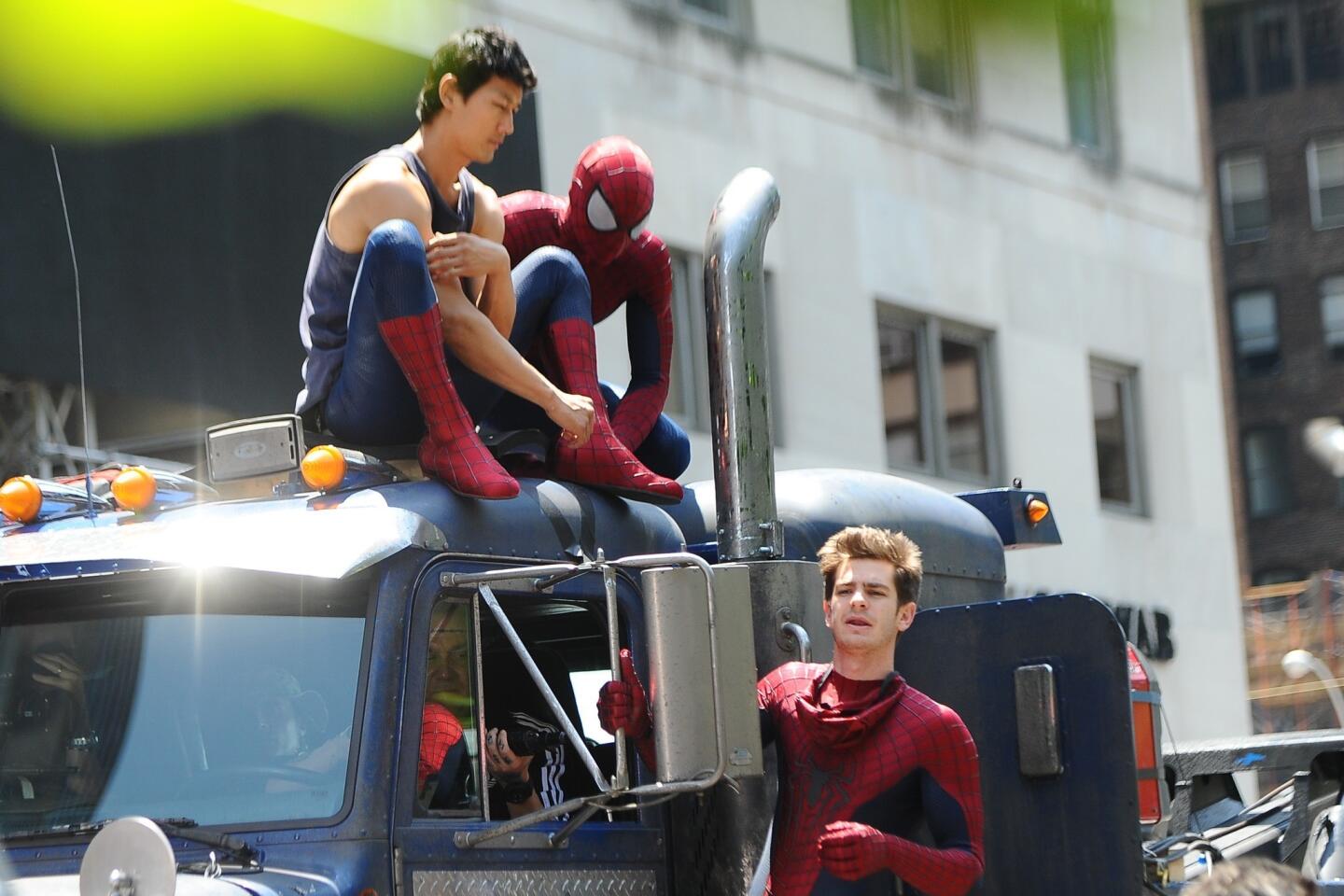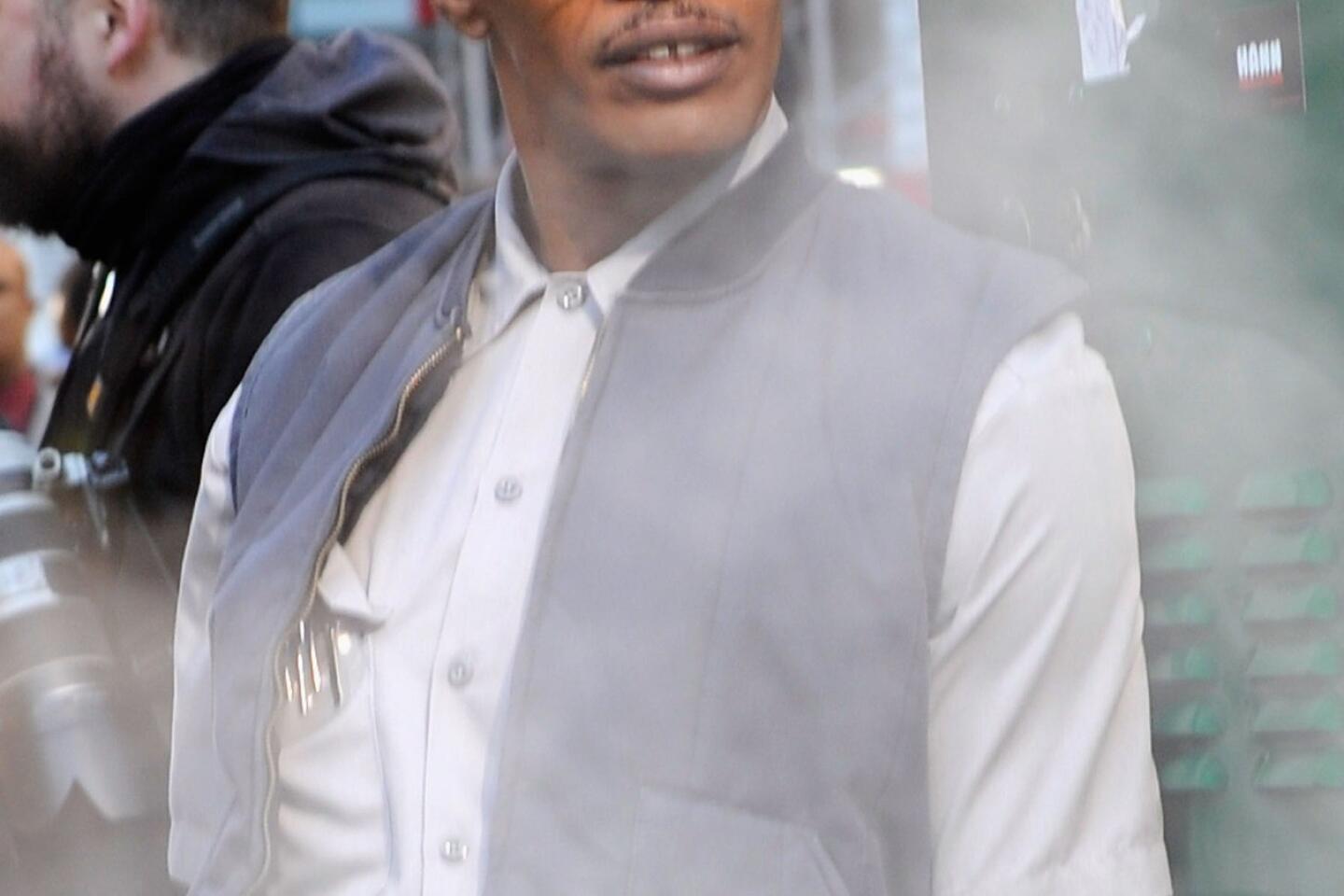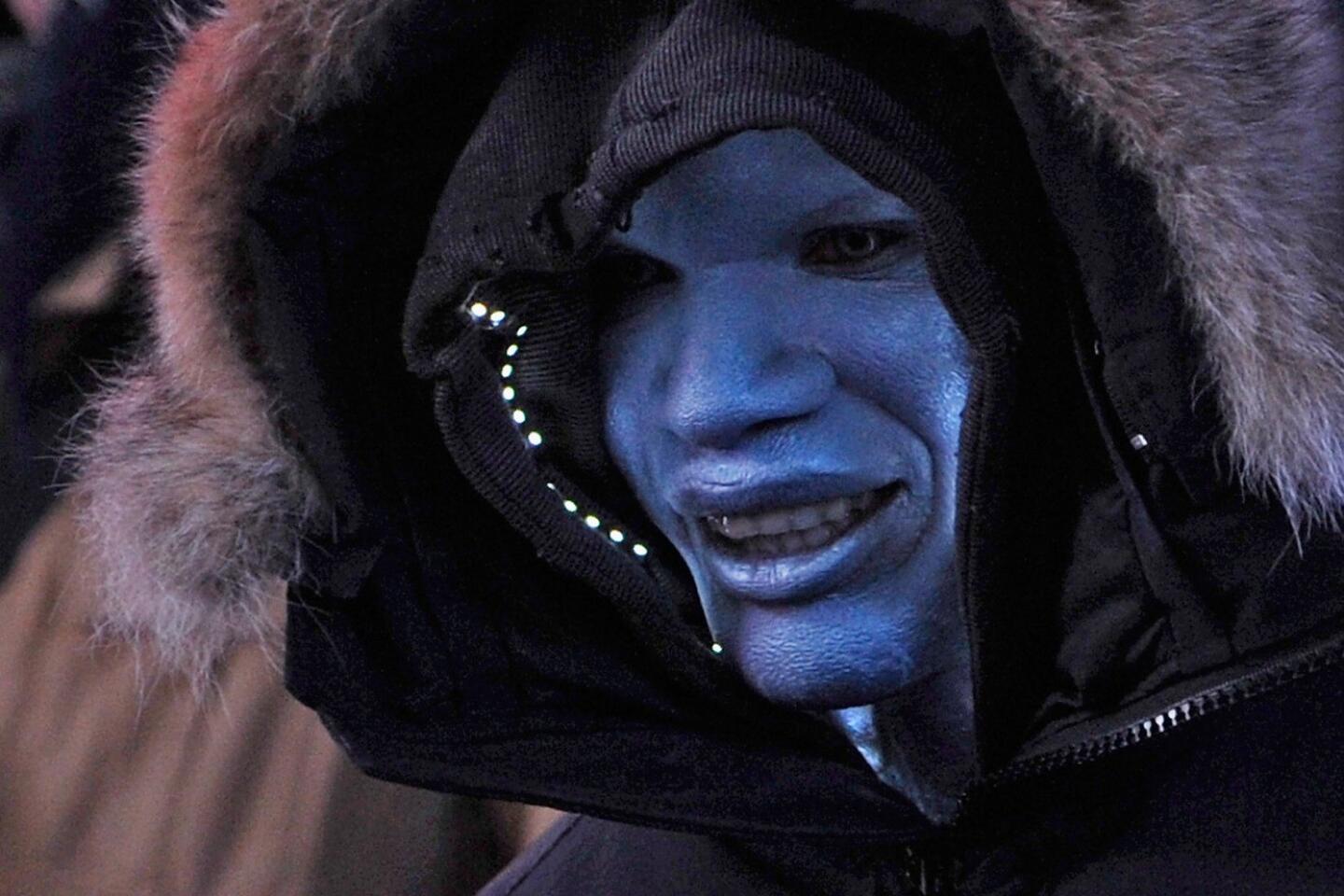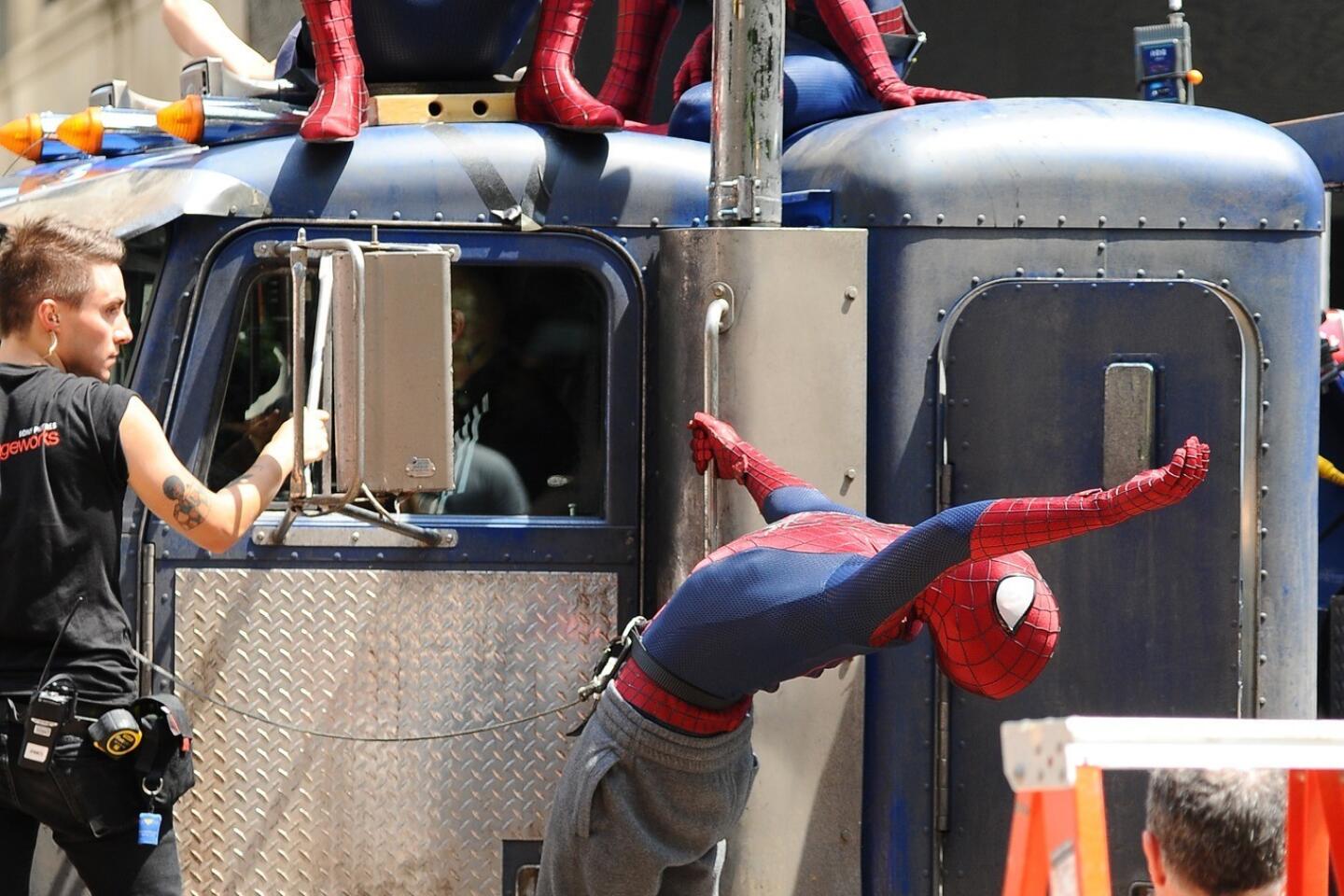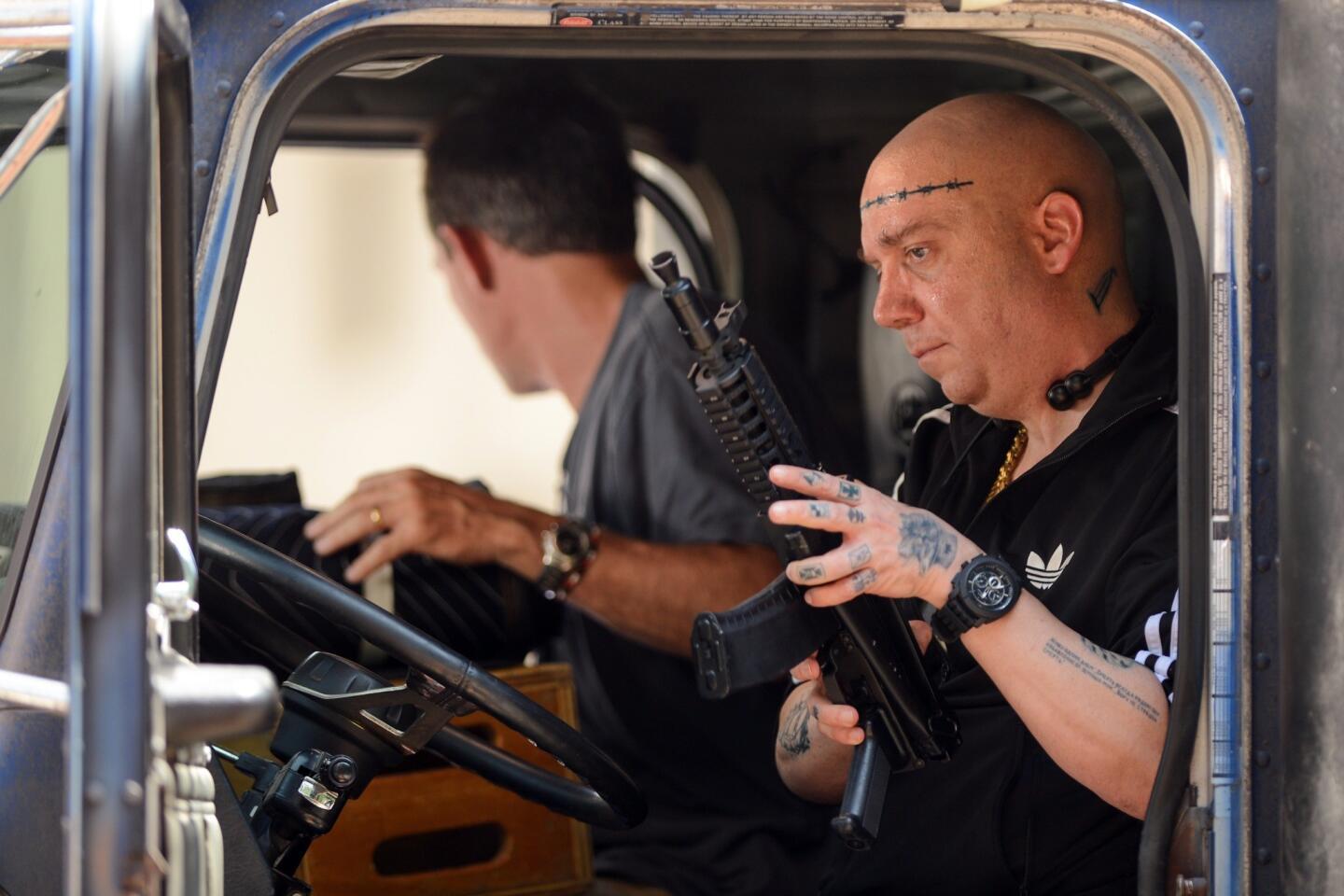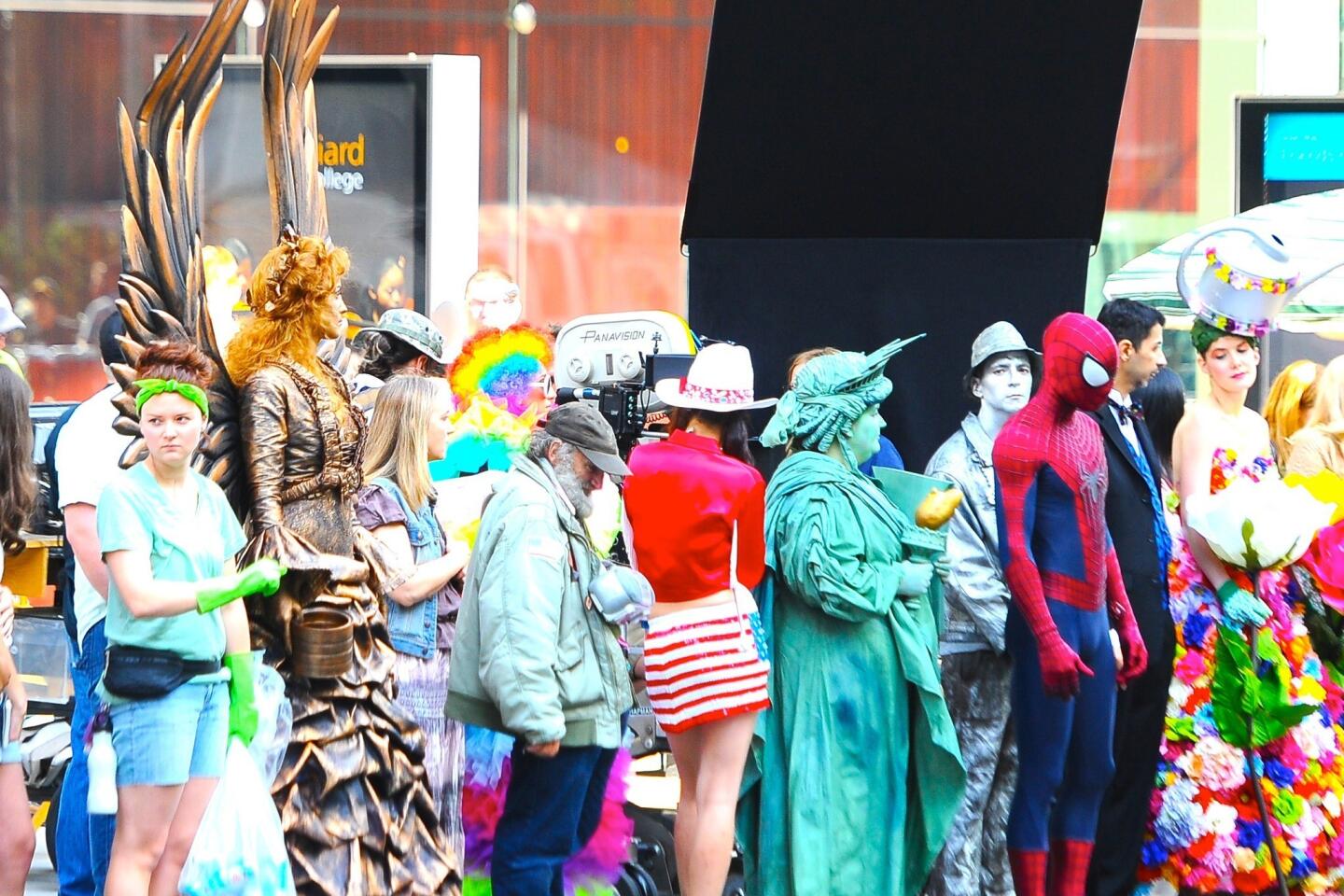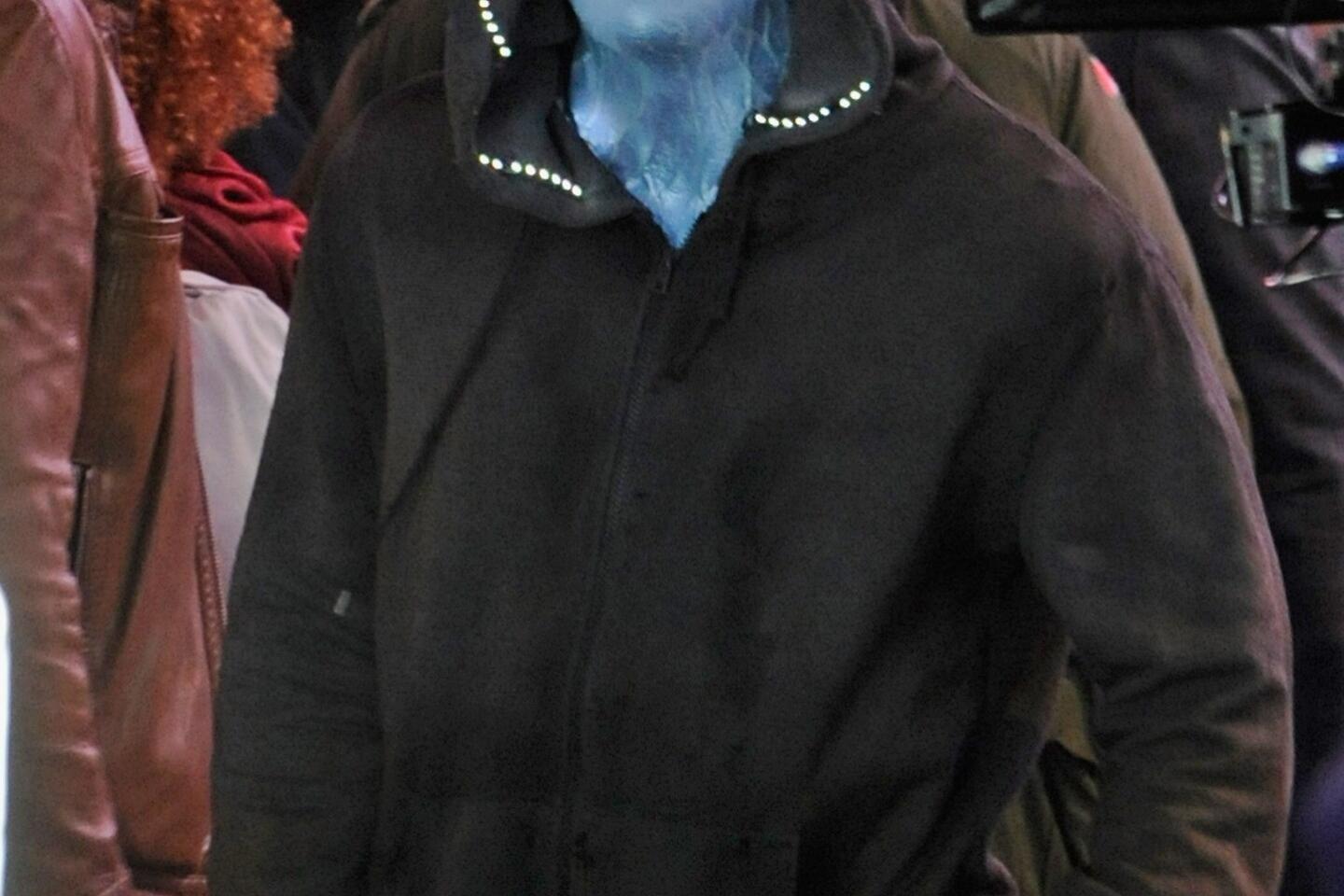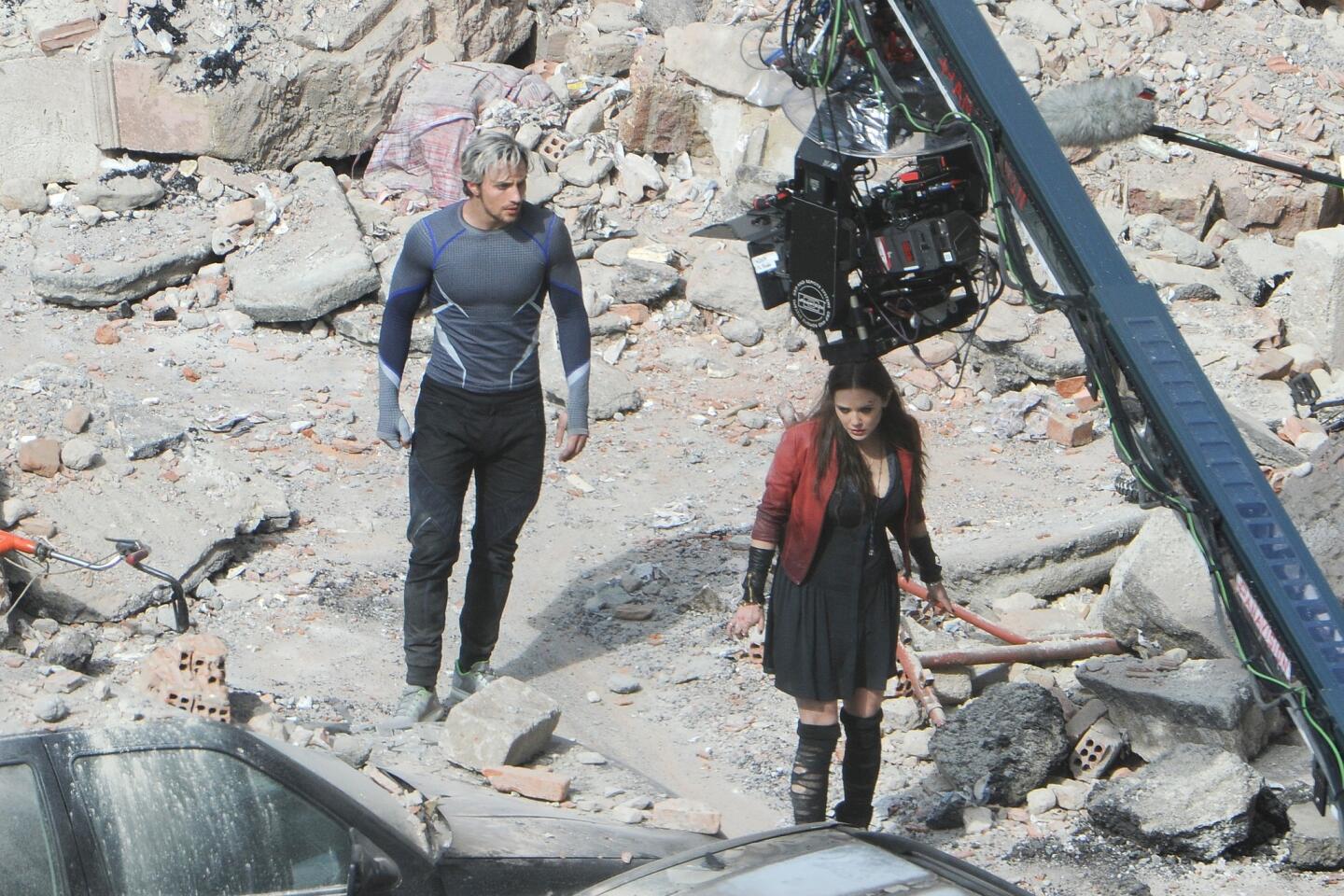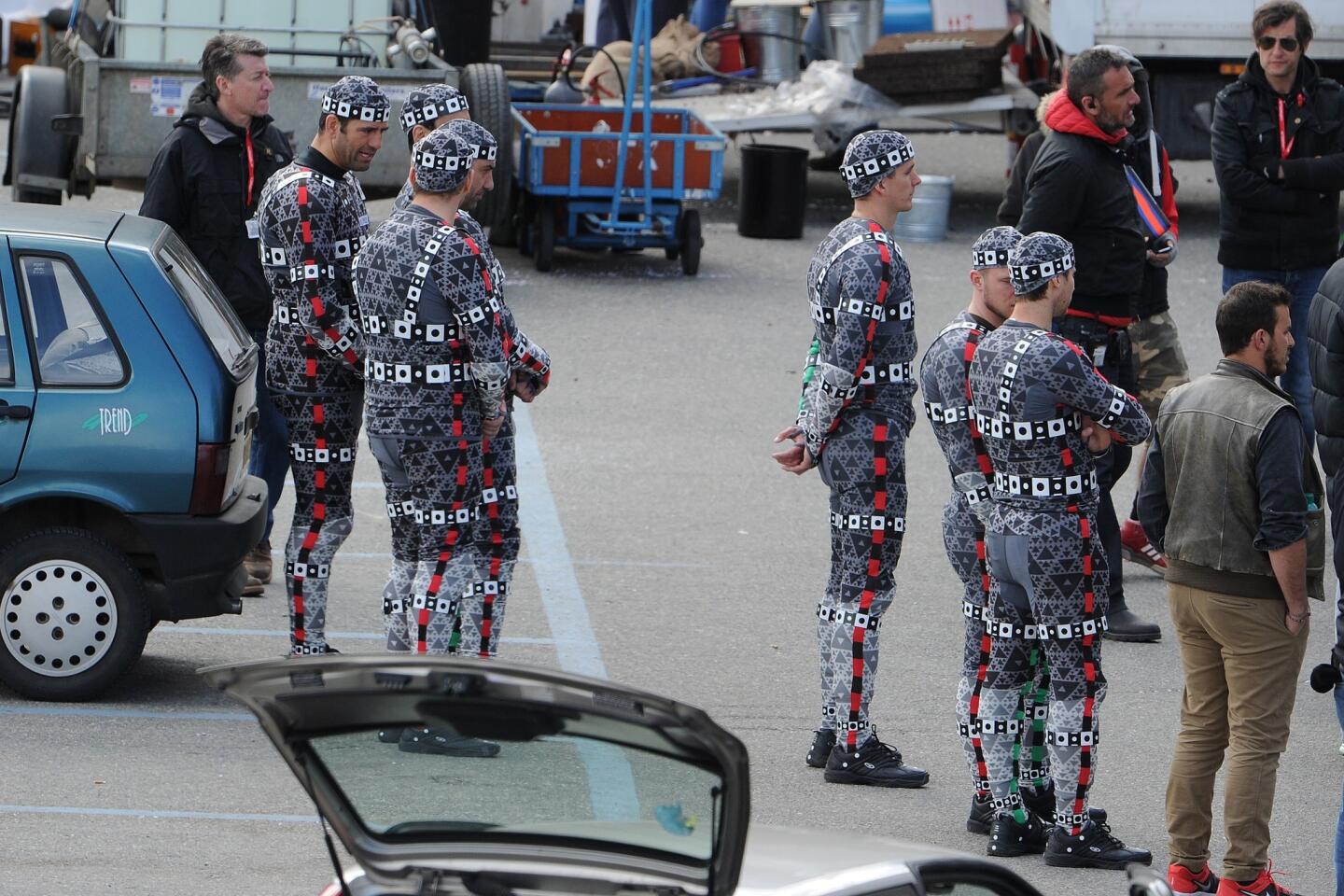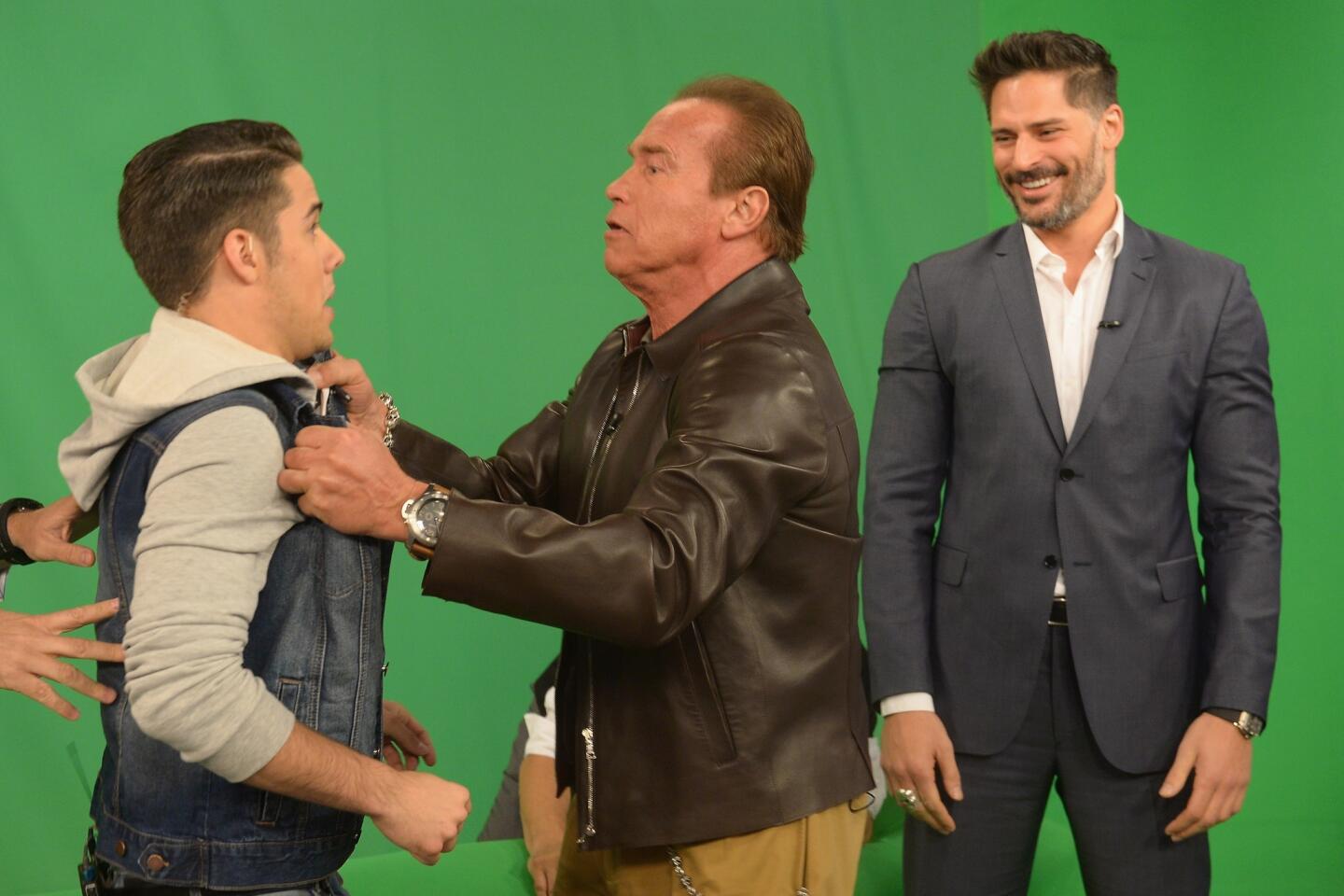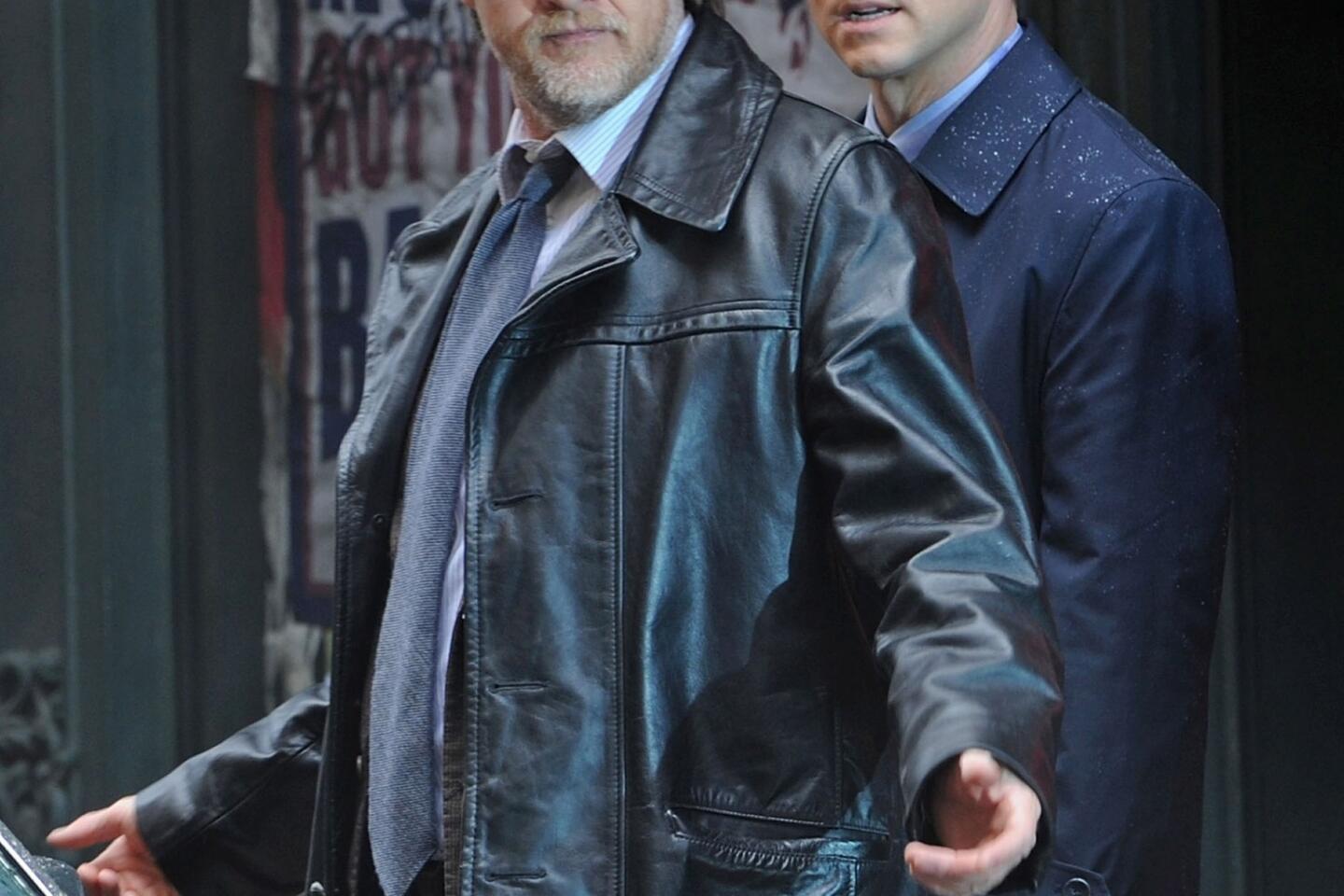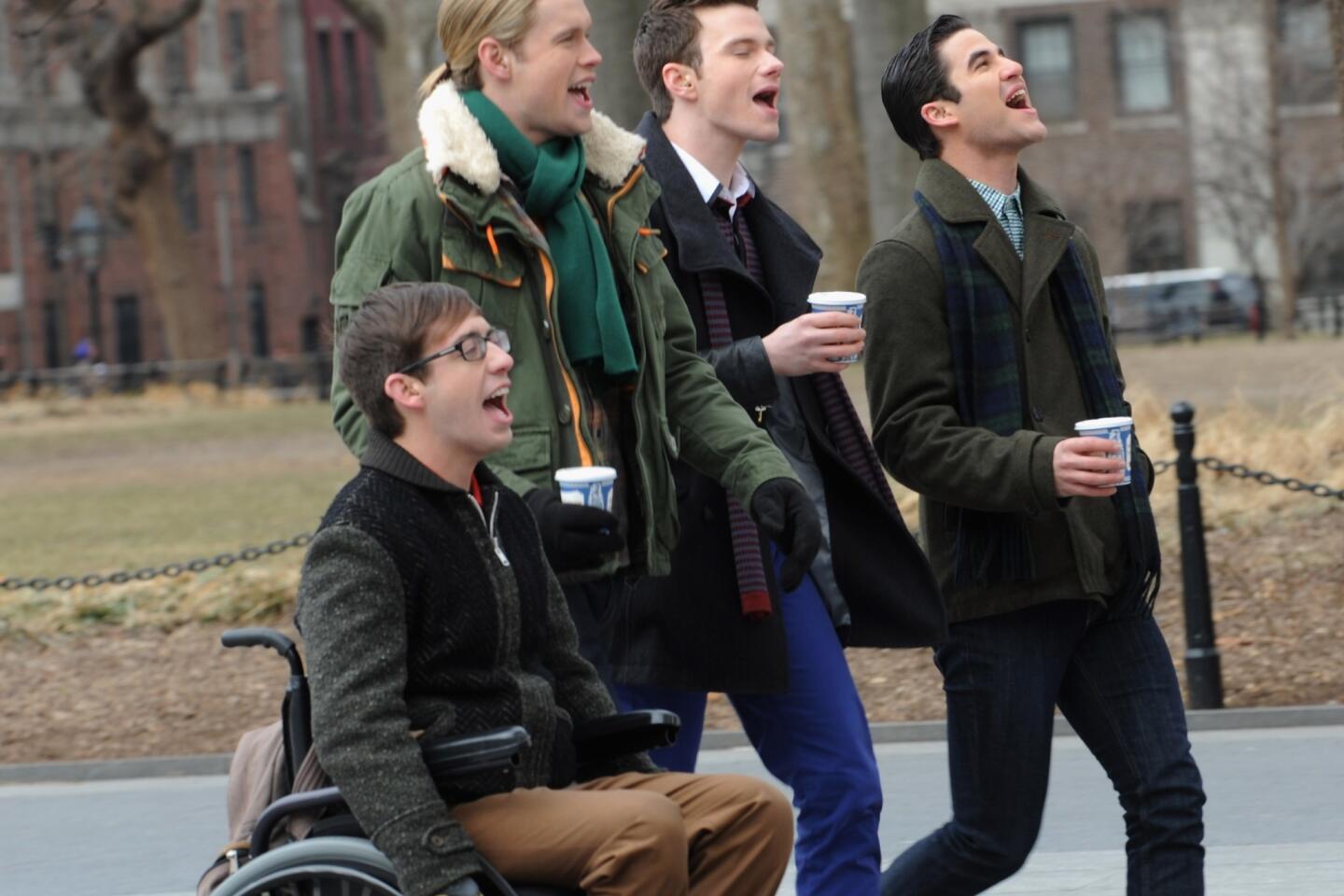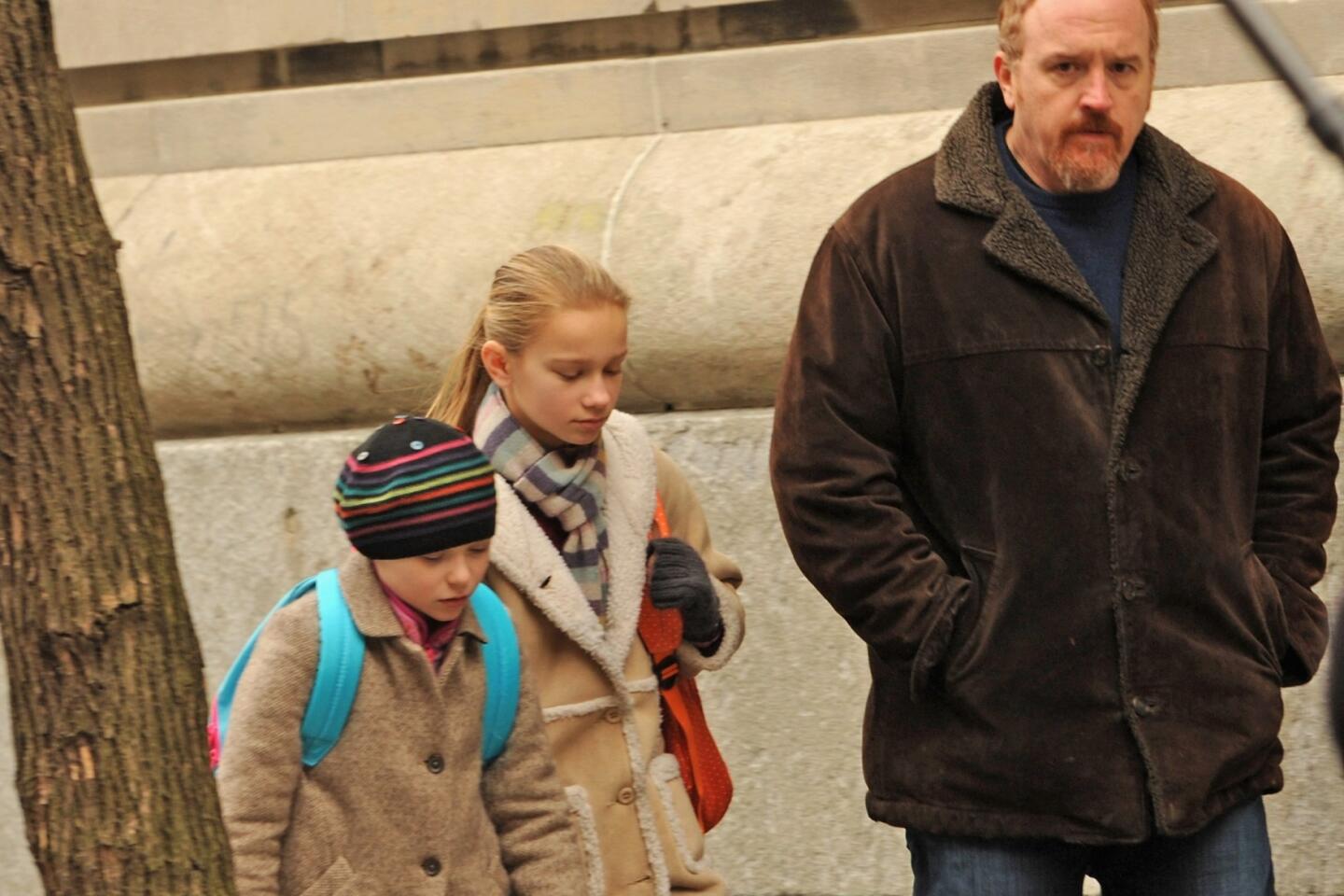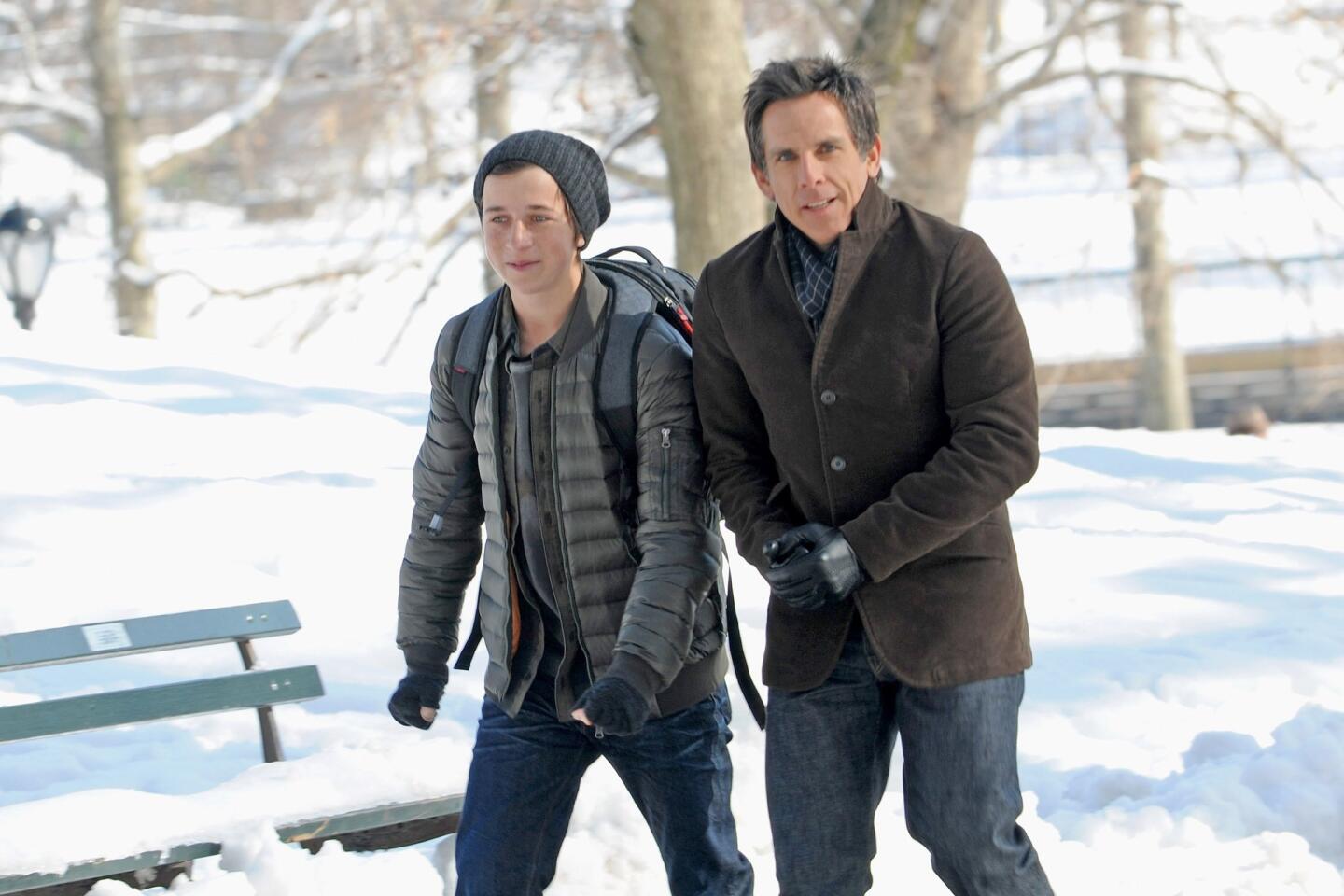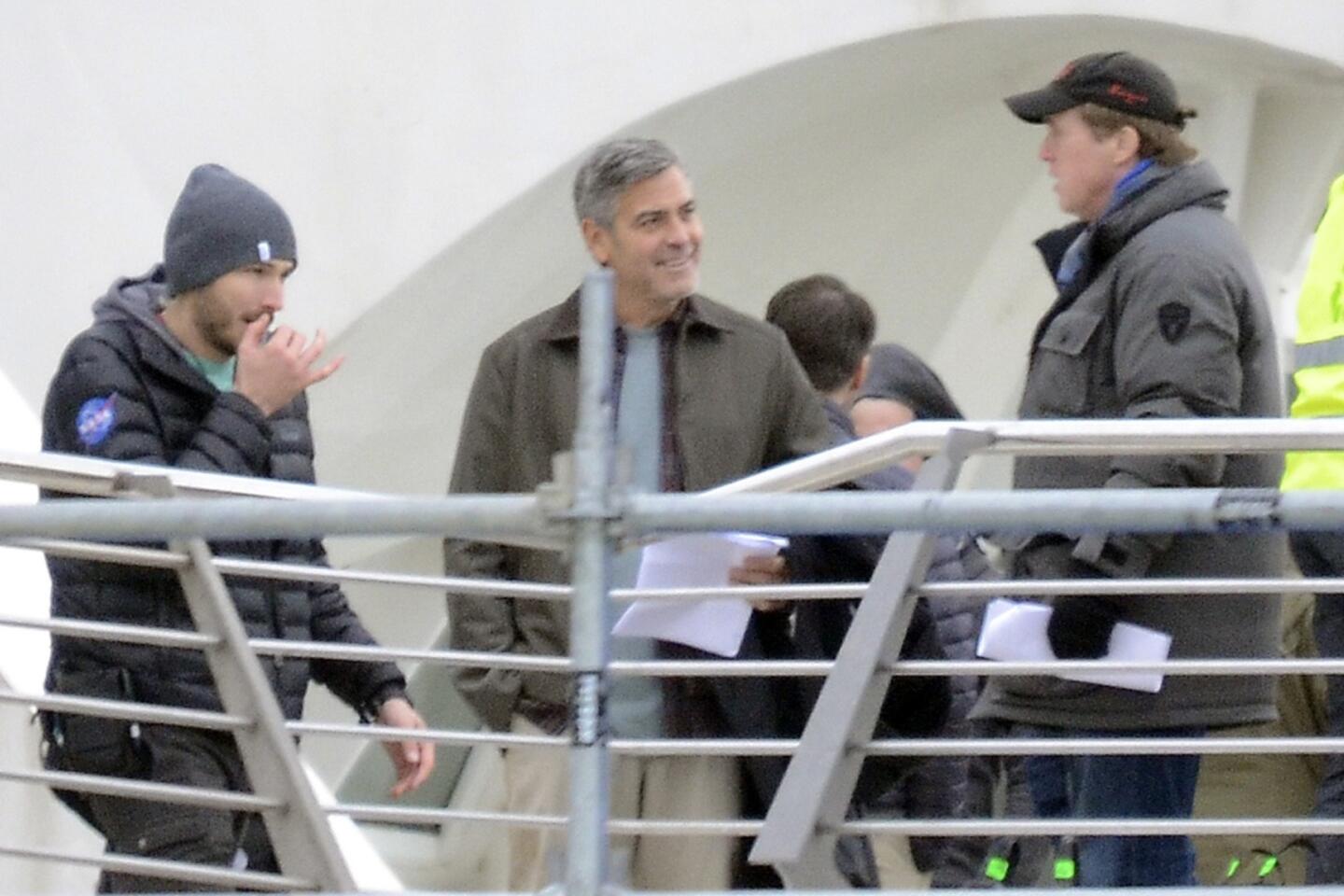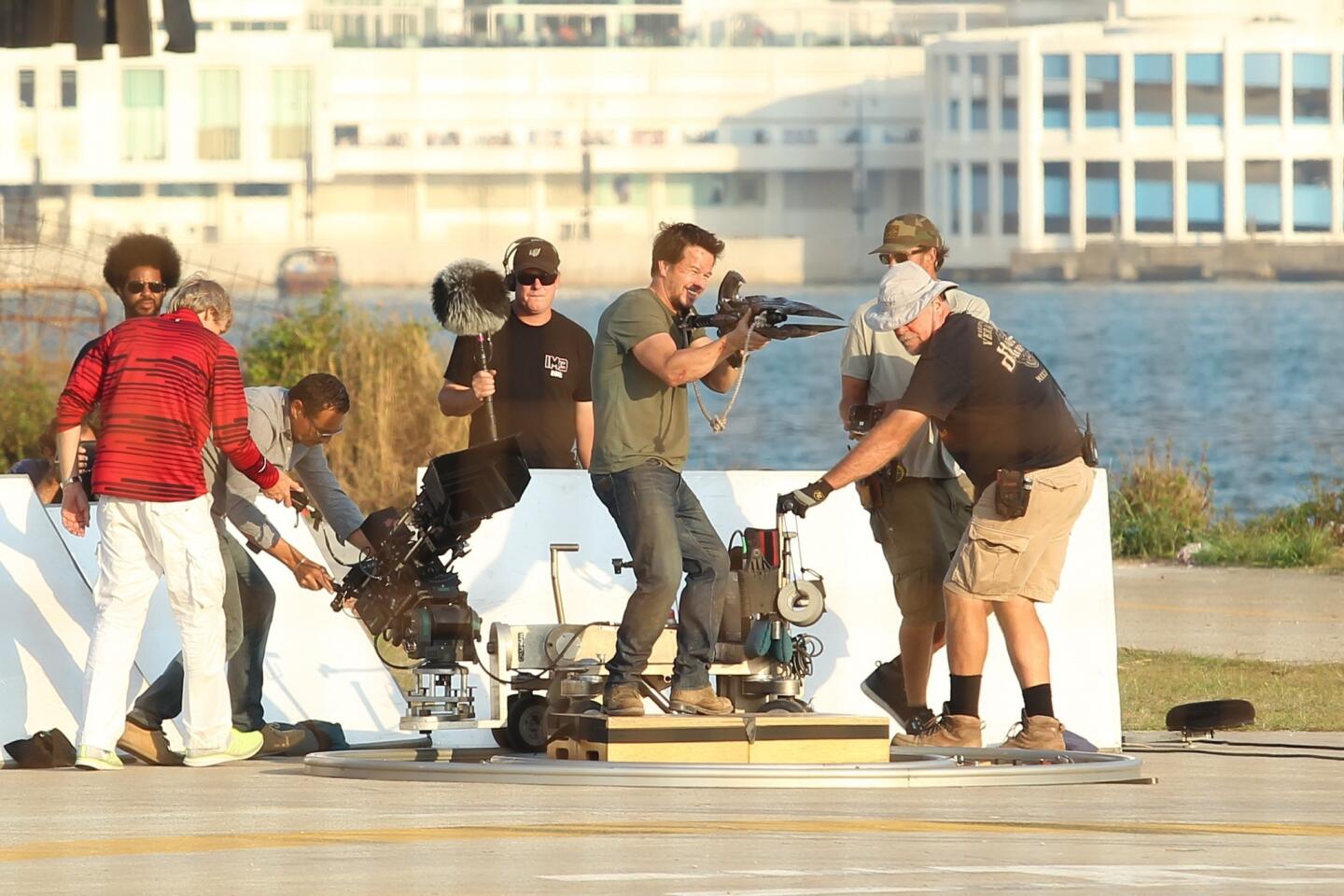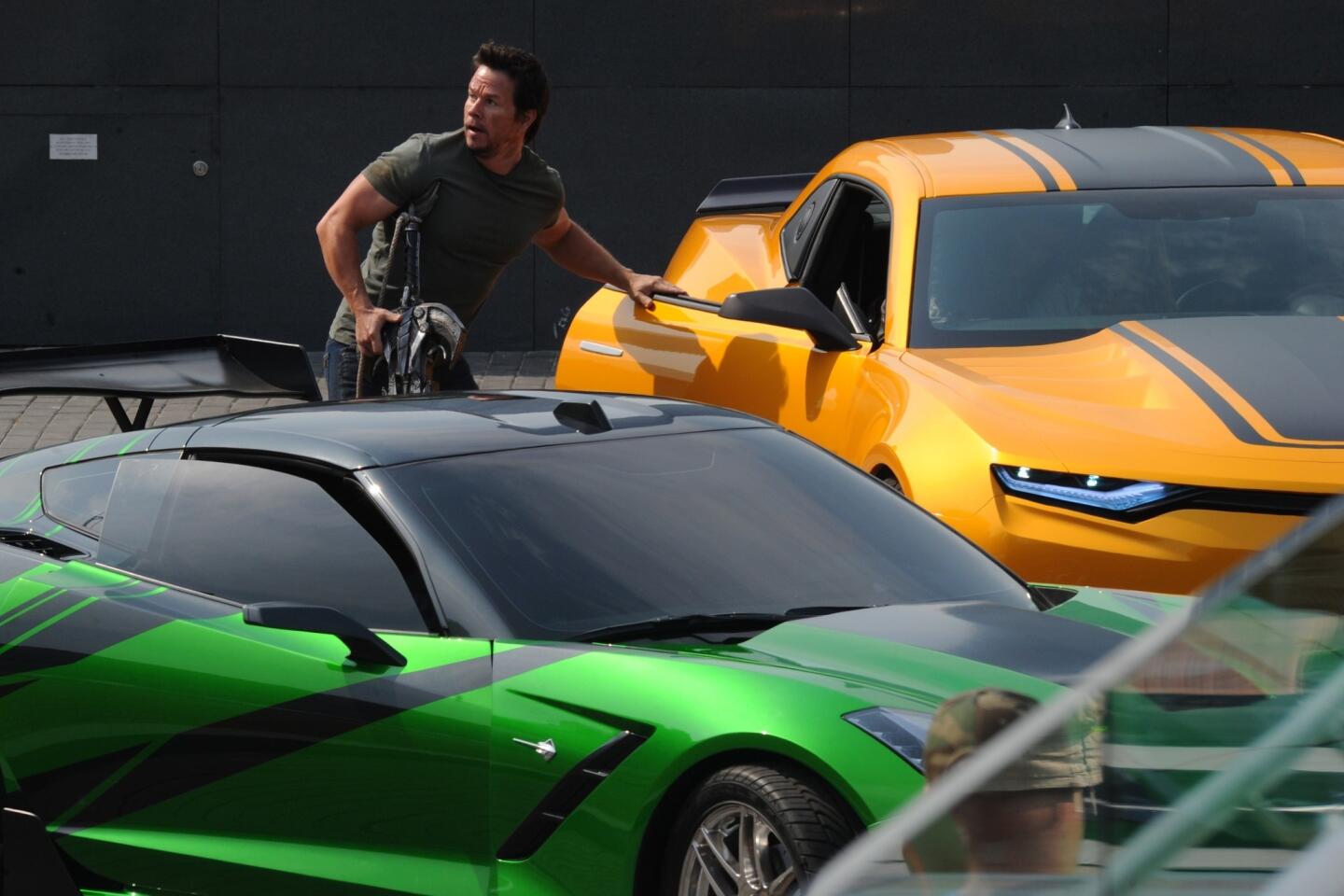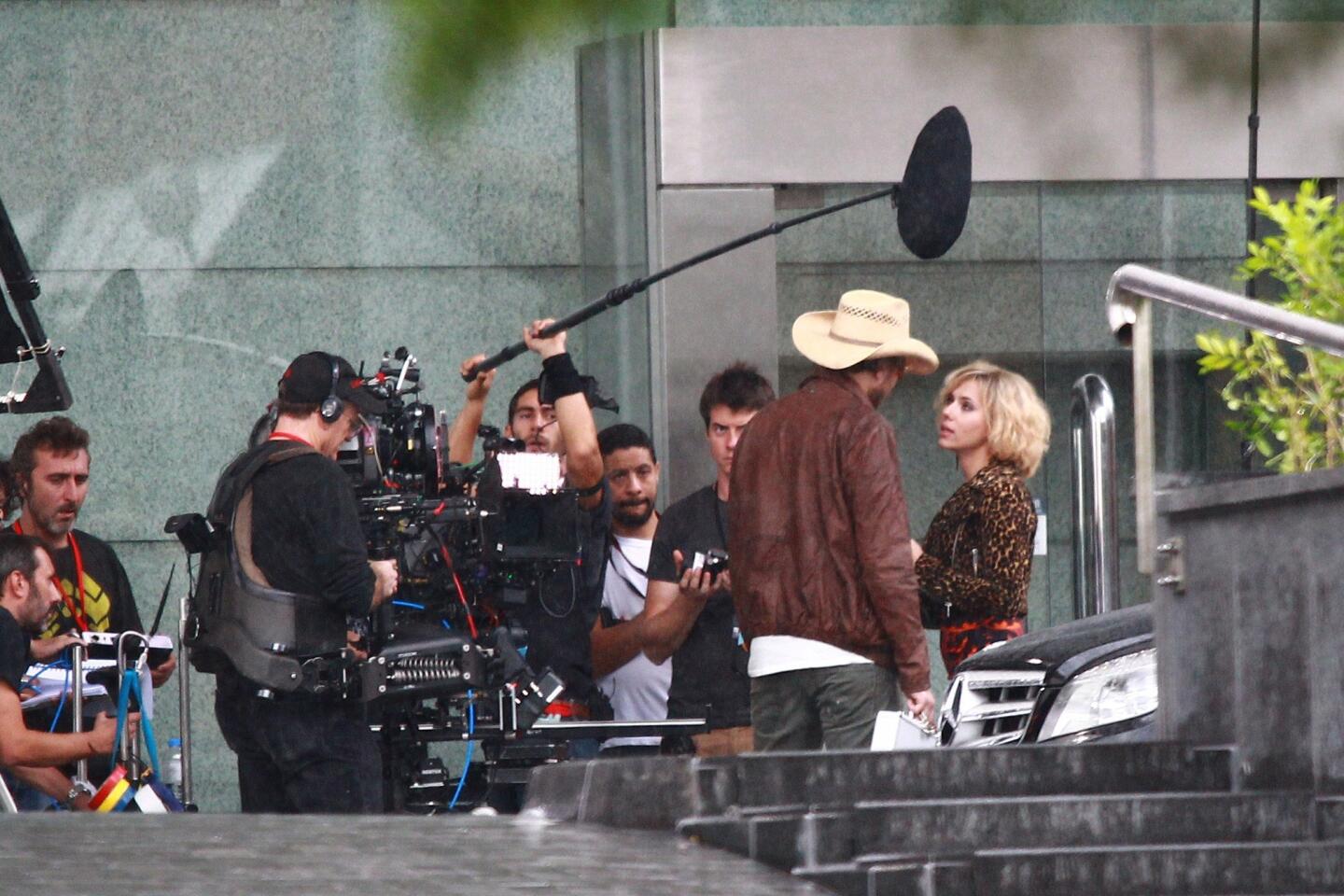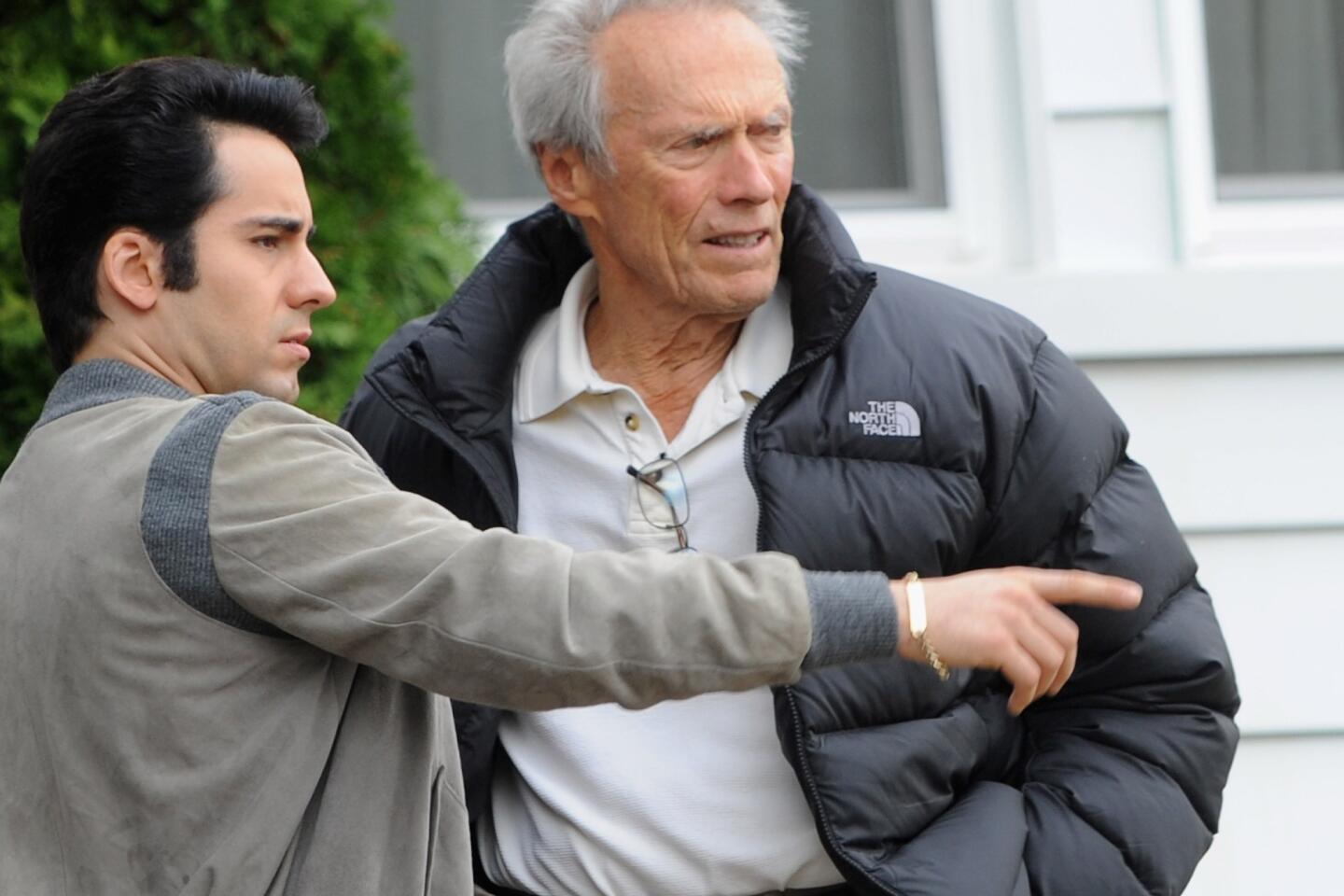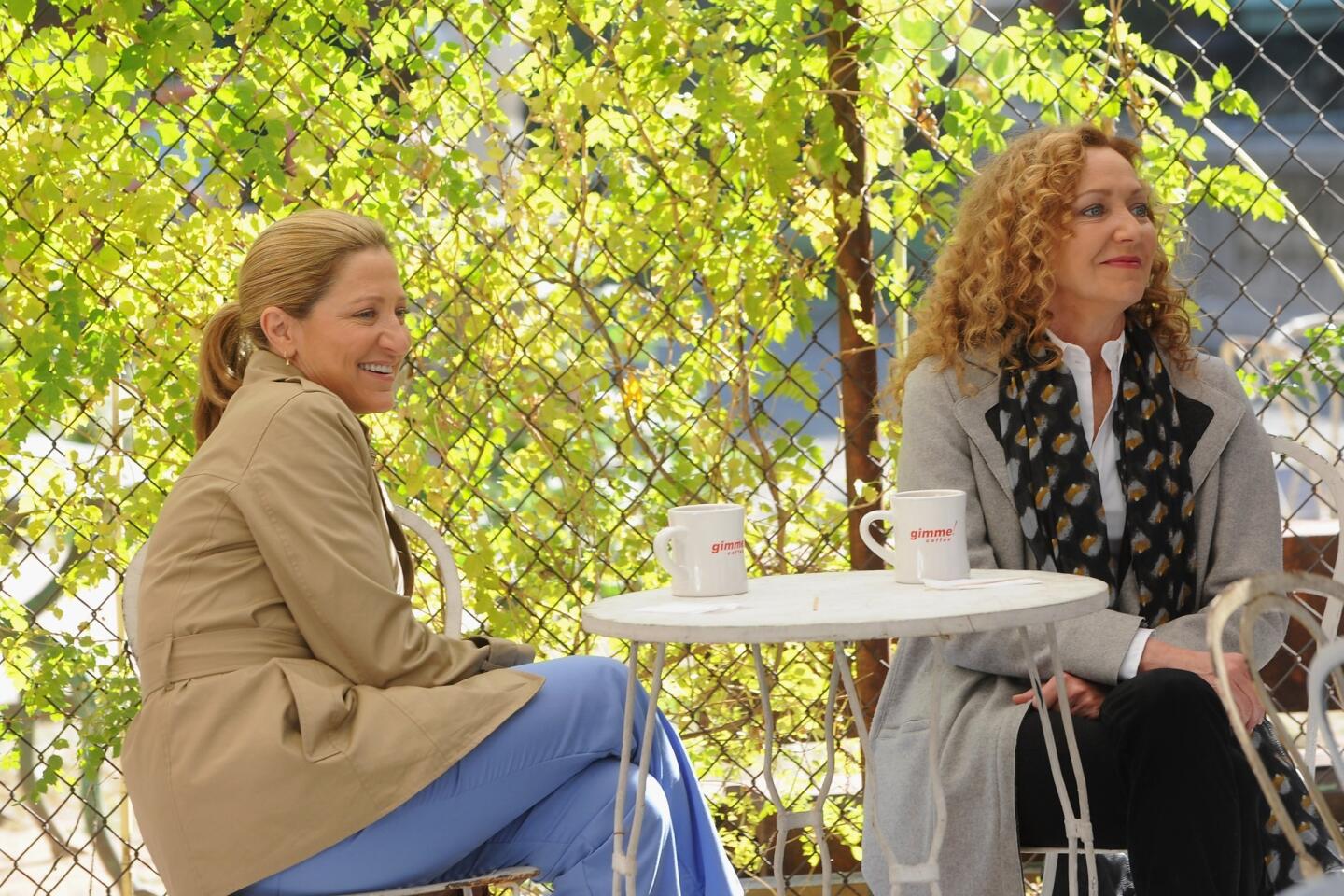Q&A: Viacom CEO Philippe Dauman trumpets the firm’s adaptability amid ‘awfulizing’
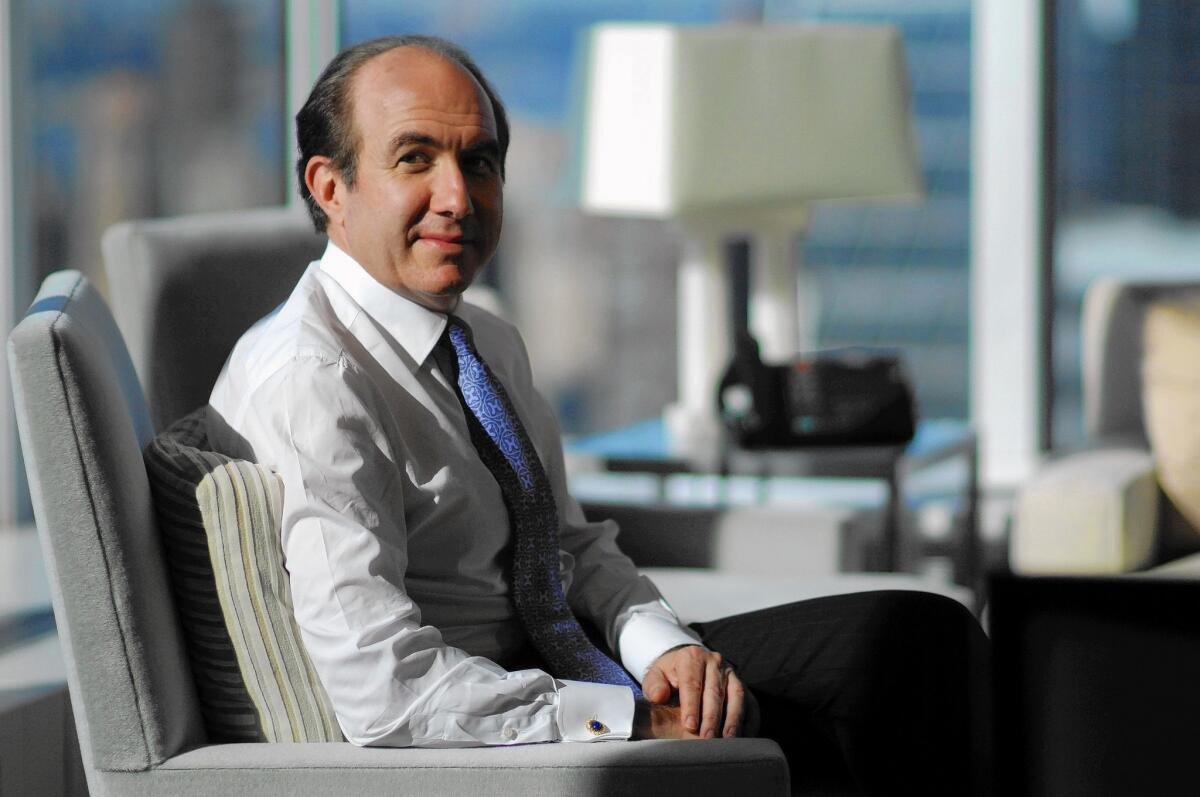
- Share via
Last year was bruising for Viacom Chief Executive Philippe Dauman.
Viacom’s market value plummeted 45% in 2015 amid investor concerns about tumbling television ratings and consumers scaling back their pay-TV bundles.
Paramount Pictures, Viacom’s Melrose Avenue film studio, had another tough year at the box office. Some investors and analysts suggest that Paramount should be sold because it could be worth more to a competitor or a potential buyer from China.
See more of Entertainment’s top stories on Facebook >>
The boardroom has had its share of drama too. Viacom Executive Chairman Sumner Redstone is 92 and his health has deteriorated. Redstone in October named Dauman as the authorized agent to make healthcare decisions should Redstone become incapacitated.
The decision prompted a lawsuit brought by a former Redstone girlfriend, whom Dauman replaced as the healthcare proxy. This week, an activist investor urged that Dauman and other top managers be replaced.
Dauman, 61, has been CEO of Viacom, which owns MTV, Comedy Central, VH1, Nickelodeon, BET and TV Land, for nearly a decade. His compensation fell 17% last year, though he remains one of the most handsomely paid executives in corporate America, receiving a total package valued at about $37 million.
He recently spoke with The Times. The interview has been edited for space and clarity.
Let’s start with Sumner. Did you visit with him on your recent trip to Los Angeles, and how is he doing?
I always visit Sumner when I go to Los Angeles, I always enjoy the visit and he’s doing OK.
Does your role as healthcare agent for Sumner Redstone pose a conflict of interest, given your duty to shareholders?
They are totally unrelated. The advanced healthcare proxy is a personal matter and it has nothing to do with the governance of Viacom and how I run Viacom, which is solely in the interests of shareholders.
We want our content to live everywhere audiences live.
— Viacom CEO Philippe Dauman
Is it time for Sumner to step down as executive chairman?
We have a board that is independent, majority independent directors with a completely independent governance committee, and the governance of Viacom functions well.
Wall Street is watching negotiations between Viacom and satellite TV provider Dish Network, one of the largest distributors of Viacom TV channels. Will a deal get done?
We generally don’t comment on negotiations. Dish has been a good partner for a very long time, and I am confident that we can come up with a deal that we both feel good about. We are going in with a realistic and reasonable approach. But we won’t be surprised in today’s environment if things get a little rocky along the way before it gets done.
Have Viacom and others contributed to cable cord-cutting and lower ratings by making so much content available online?
No. We want our content to live everywhere audiences live. We have been working with so called traditional distributors and new distributors, where it makes sense, to drive viewership and engagement with our brands. Now, we are creating new forms of content for these new platforms. We produce through Paramount full-length motion pictures like “13 Hours,” which is a great film, and at the same time we’re doing five original Comedy Central series on Snapchat’s Discover platform. The more people have the opportunity to enjoy programming on different devices, and different geographies, the more opportunity that creates.
Does Viacom plan to launch more streaming services?
We’re a global company, so we are testing different products around the world. We just launched MyMTV in November in France, which is a customized MTV, just as we launched MyNick Jr., which is now in the U.S. and all over the world. Being a global company, we have an opportunity to test new products that can originate in the U.S. and go abroad, and vice versa.
Join the conversation on Facebook >>
Has Wall Street overreacted to the challenges facing media or are the concerns real?
I have used the term “awfulize.” I think there has been a lot of awfulizing taking place. The media industry as a whole is a strong business. People enjoy the content we make. It is an adaptable business, over many decades we have shown strong adaptability. We are generating significant cash flow, much more significant cash flows than some of the companies of the moment who get high valuations. We are investing in our future and building more new facilities than we ever have in our history, whether it is L.A., New York or London.
Let’s talk about your new facilities in California.
The new animation facility we are building in Burbank will be two and a half times bigger than the existing one. We need to create more fresh, original content than ever before. We are making more episodes on Nickelodeon by far than we have before, many more series, much more animation, which also drives our consumer products business. To make all that new animation we need more people and top-flight facilities and top-flight technology.
We have made a lot of investments and rebuilt our organization for the future.
— Viacom CEO Philippe Dauman
What about the Hollywood facility?
This will be our West Coast media networks headquarters. It is really the first time that all of our channels, with the exception of Nickelodeon and the animation studio, will be under one roof. It will be home base for about 700 employees from MTV, Comedy Central, VH1, BET, Spike, TV Land, Logo. We are going to have new production stages, a lot of shooting space and a rooftop area for shoots where you can see the Hollywood sign. Mobile content is a major Viacom initiative and the Hollywood facility will be the largest mobile content studio in the industry.
Some analysts have suggested Paramount be sold. Would you sell the studio?
We had fewer film releases last year than we wanted, for a variety of reasons. And now we have a full pipeline. We are off to a really good start [this year] with “Daddy’s Home,” and we certainly loved the Oscar nominations for “The Big Short” and “Anomalisa,” and we have “13 Hours,” which is a wonderful movie that Michael Bay directed. I’m excited for “Zoolander 2” and animation development in full swing, which is important strategically for Viacom. And the television production operation, which started less than two years ago as a start-up, couldn’t have started at a better time.
How would you assess the company’s prospects?
At Viacom, we have an advantage, which seems counterintuitive. People are talking about dislocation given the fact that many of our networks address young audiences. We have faced a lot of those issues [that other media companies face] early. Our audiences have brought change to our doorsteps before others. Along the way, you do have setbacks, even if you do everything that we can control to move toward the future. And we have a lot of room to grow outside the U.S. Over the last year, we have made a lot of investments and rebuilt our organization for the future.
MORE IN ENTERTAINMENT:
Critics point to studios for lack of diversity among Academy Award nominees
Global sports marketing firm Infront takes majority stake in Omnigon
Sumner Redstone’s Viacom compensation falls; CEO Dauman hauls in $36.9 million
More to Read
From the Oscars to the Emmys.
Get the Envelope newsletter for exclusive awards season coverage, behind-the-scenes stories from the Envelope podcast and columnist Glenn Whipp’s must-read analysis.
You may occasionally receive promotional content from the Los Angeles Times.
